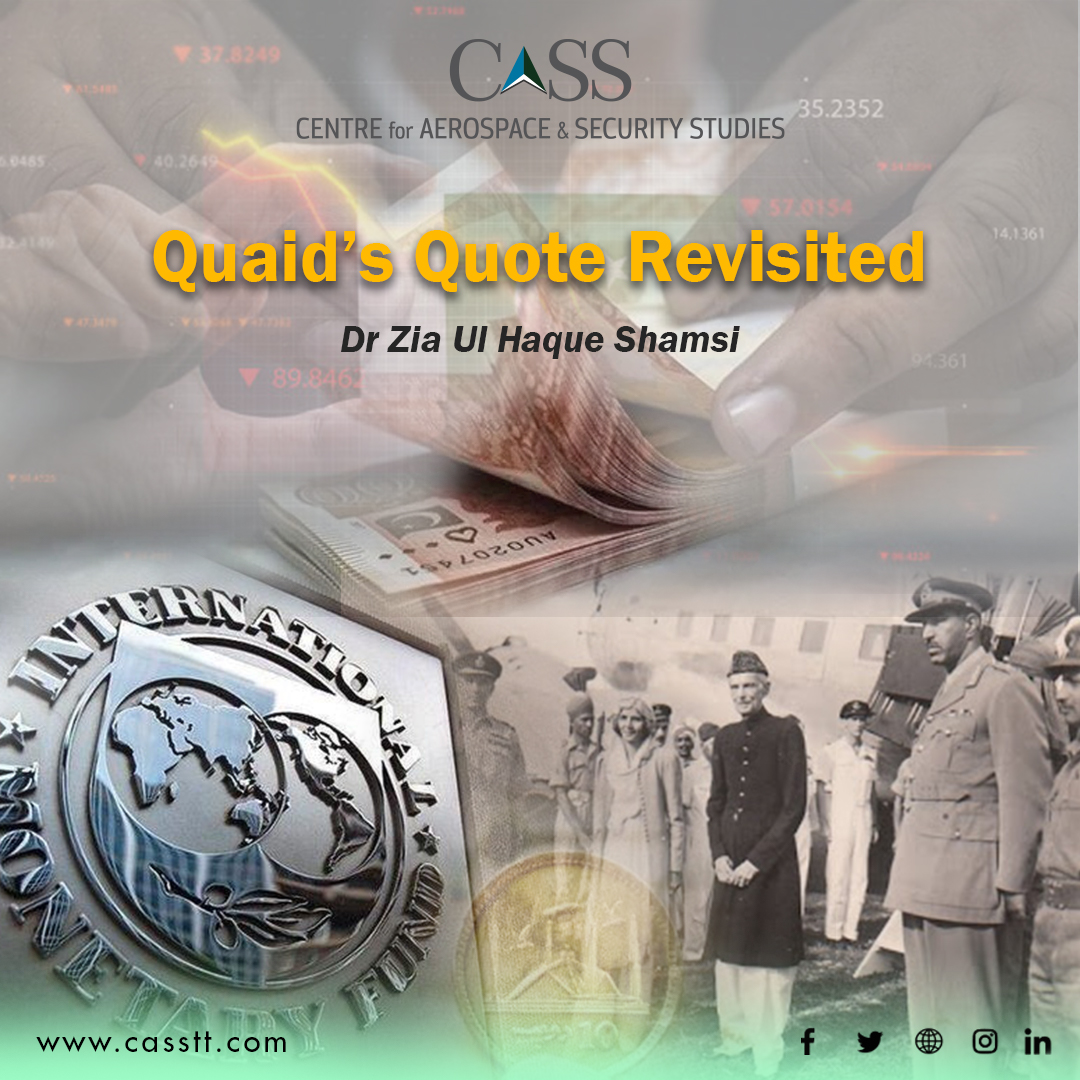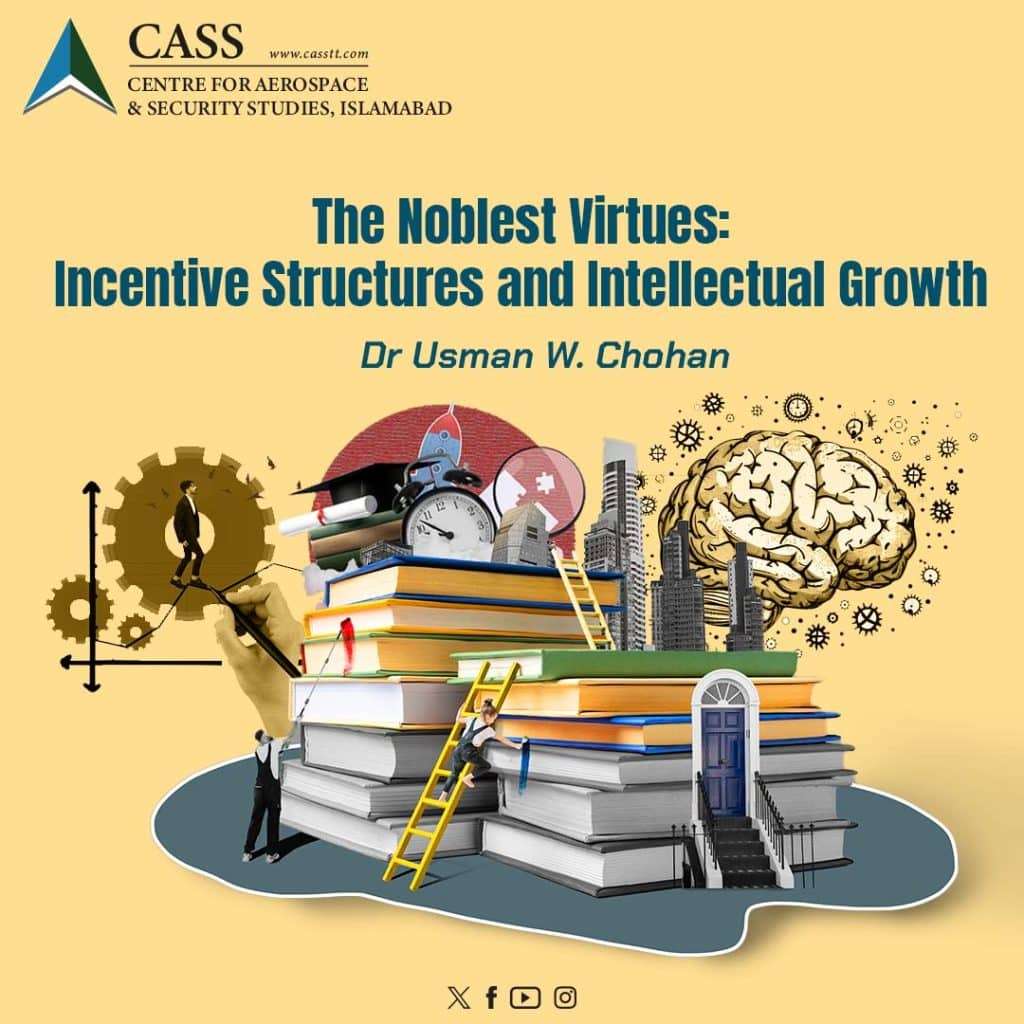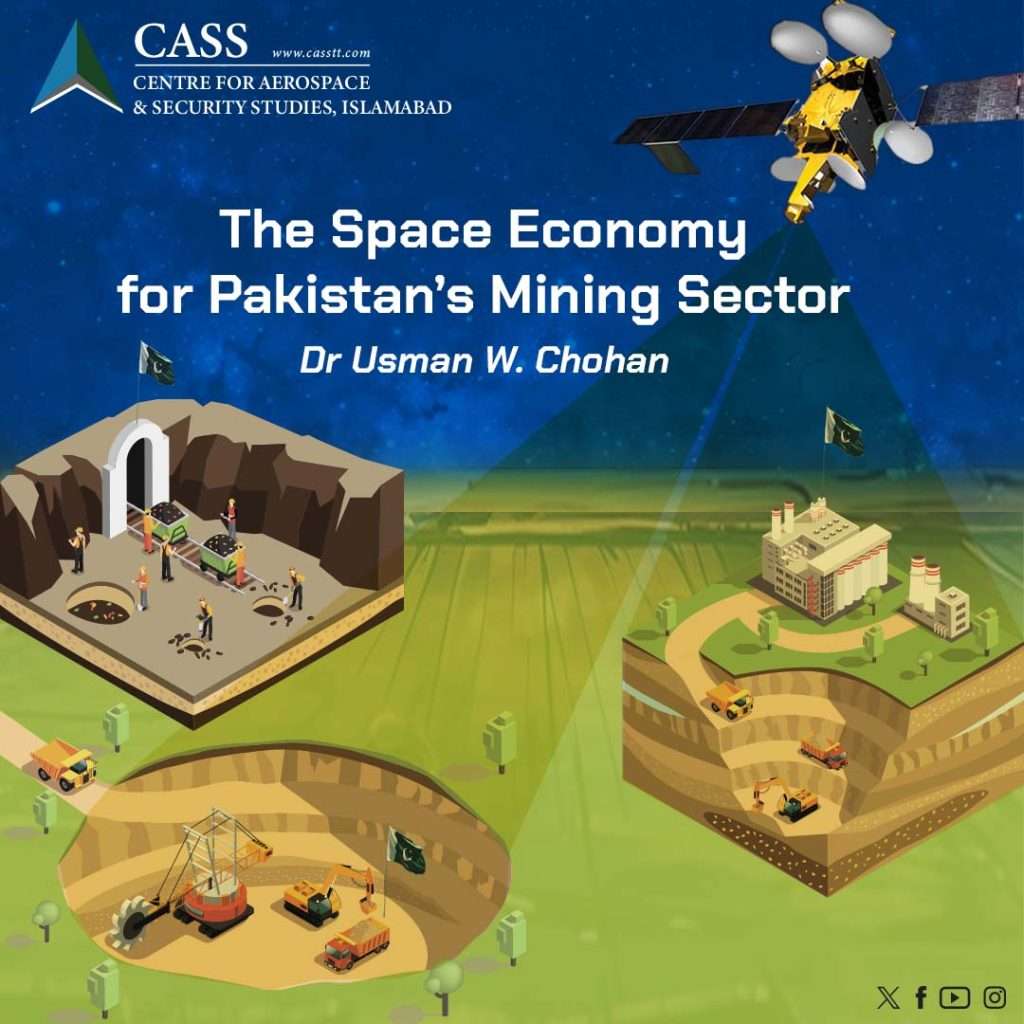75 years on, Quaid-i-Azam Mohammad Ali Jinnah’s famous quote, “A country without a strong Air Force is at the mercy of any aggressor. Pakistan must build up her Air Force as quickly as possible. It must be an efficient Air Force, Second to None,” needs to be applied at number of other places. For instance, the economy. It may be appropriate to suggest that Quaid’s quote may be rephrased in today’s economic environment of Pakistan.
“A country without a strong economy is at the mercy of International Financial Institutions (IFIs). Pakistan must build up its economy which is growth-led, self-sustaining, and robust, so that its national security is not at risk and people do not have to worry about the livelihood and future of their children.”
At beginning of 2022, the people of Pakistan were celebrating the near departure of the Pandemic, and the prospects of economic growth of nearly six per cent for the second year running. Nearly all the major international credit rating agencies had upgraded the outlook to positive, and the exports earning complimented by foreign remittances was fast closing the gap of Current Account Deficit. Industrial growth, agricultural output, and service sector were beginning to bring smiles on the faces of farmers, factory workers, and the technical staff. Fuel and electricity prices had been capped until the end of the fiscal year and people were relatively comfortable. Inflation was a concern but stood at nearly 12 per cent, with the government promising to give more subsidies on food items in the coming months. The Federal Board of Revenue (FBR) was consistent and well ahead of its target of tax collection.
On the diplomatic front, Pakistan was making its mark and two consecutive Organisation of Islamic Conference (OIC) meetings were held in Islamabad within a space of one month, with China’s Foreign Minister as a special guest for the first time in OIC’s history. Pakistan’s effort in getting the United Nation’s approval of March 15 as the “International Day to Combat Islamophobia” was universally recognised.
Public welfare projects, like the Ehsas Poverty Alleviation Programme, were recognised as one of the best by numerous international organisations, which also pledged to provide financial support for the Programme for its viability and credible execution.
On the front of climatic change, “Ten Billion Tree Tsunami” on the pattern of an earlier “One Billion Tree Tsunami” in the province of Khyber Pakhtunkhwa, also received tremendous support from international organisations and were declared a model programme by a country facing serious climate change effects without contributing towards it.
Pakistan had been on the grey list of the Financial Action Task Force (FATF) since 2018, however, the government made tremendous progress in meeting the required action points and the country was nearing to get itself removed from that list on merit.
While the government could not claim that “All is well,” things appeared on track with the prospects of further improvement once the Pandemic effects had totally disappeared. However, something unusual happened. A No Confidence Motion succeeded in the Parliament for the first time in Pakistan’s history and a well-performing government was removed from power in April 2022.
In my view, a renewed hybrid war was imposed on Pakistan, because the country was embracing geo-economics as the mainstay of its geopolitical considerations. The enemies of Pakistan would never want an economically independent nuclear state which has a Muslim population of nearly 97 per cent. Perhaps, this was one reason that Pakistan was once again put to the test with regards to unconditional support for extra-regional interests in the region, for which the country was not prepared.
Ever since the change of government in Pakistan, although through democratic means, the country is going through a period of extreme uncertainty particularly due to its flagging economy. The International Monetary Fund (IMF) has put extra demands in return for much-needed financial support, which has put extra burden on the common man due to extraordinary inflation. Concurrently, major financial institutions have downgraded the country’s economic outlook to make it more difficult to attract foreign investments or foreign lending. Moreover, the adverse impact of climatic change has induced unprecedented rains and flash floods across at least 60 per cent of the landmass that has affected over 33 million people. The country is unable to cope with the situation and has appealed to international agencies for help and support. However, the response has been lukewarm till date as millions of people are forced to abandon their drowned homes, household, and livestock. There is growing fear of acute shortage of essential food items in the coming months not only in the affected areas but across the country due to destroyed crops, lack of land preparations for the next sowing, and supply chain disruptions.
Pakistan is once again going through a period of extreme adversity and needs to seriously consider its medium- to long-term national interests and develop consensus to build dams and water reservoirs to fight the impact of climate change because it is here to stay. Pakistan must understand the significance of economic security to reduce its dependence on IFIs and friendly nations in times of need. The leadership needs to apply our Quaid’s vision for the PAF to the country’s economy as well.
Dr Zia Ul Haque Shamsi is the author of ‘Nuclear Deterrence and Conflict Management between India and Pakistan’ and ‘South Asia Needs Hybrid Peace.’ He is presently working as Director (Peace and Conflict Studies) at the Centre for Aerospace & Security Studies (CASS), Islamabad, Pakistan. The article was first published in Daily Times. He can be contacted at: cass.thinkers@gmail.com
Image Credit: Online Sources





